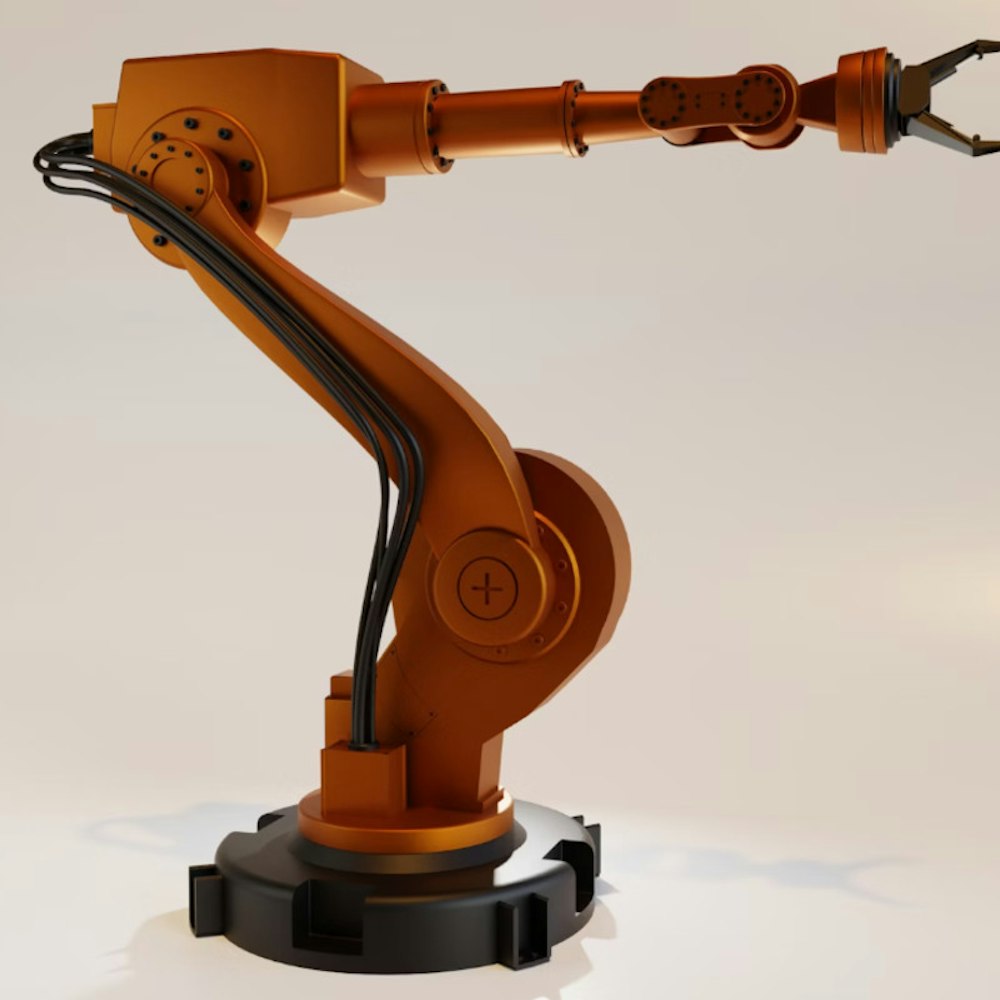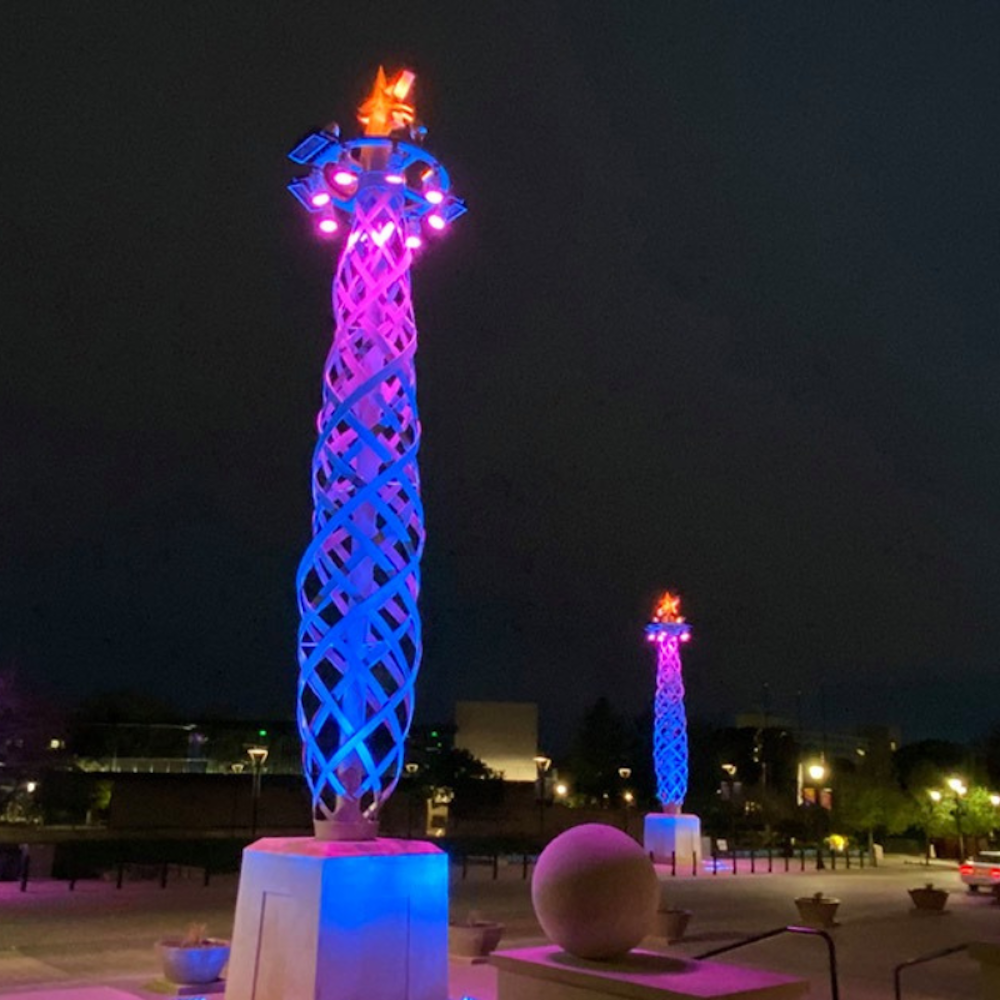
The Texas Supreme Court has made the decision not to review a case that would have put in vitro fertilization (IVF) practices under scrutiny, which has left the lower court's ruling in place. This outcome leaves unanswered questions concerning the legal standing of frozen embryos post-Dobbs in the state of Texas. The dispute at the heart of the case was about the disposition of frozen embryos following the divorce of Gaby and Caroline Antoun of Denton, who had previously agreed that in such an event, the embryos would go to Mr. Antoun.
This case gained significance after the Texas abortion ban was enacted, which led Caroline Antoun to request a new trial. Her contention was that, under Texas law, the frozen embryos should be considered "unborn children" and thus entitled to full rights. The courts, however, did not agree with her argument. According to a report by The Texas Tribune, the 2nd Court of Appeals in Fort Worth deemed her arguments "a classic example of taking a definition out of its legislatively created context and using it in a context that the legislature did not intend.”
In its analysis, the appeals court referenced the recent Dobbs decision, clarifying that it "did not determine the rights of cryogenically stored embryos outside the human body before uterine implantation." They stated, "Dobbs is not law ‘applicable’ to this case, and thus its pronouncement did not justify a new trial." Without comment, the Texas Supreme Court denied Caroline Antoun's request to take up the case, thus upholding the lower court's decision.
The question of the legal status of frozen embryos is not novel in the American legal landscape. A 1992 Tennessee Supreme Court decision established frozen embryos as an "interim category that entitles them to special respect because of their potential for human life," as reported by The Texas Tribune. The Texas courts also previously ruled in 2006 that written agreements regarding embryos are "valid and enforceable," which aligns with the public policy of the state. Correspondingly, earlier this year, the Alabama Supreme Court's decision to recognize frozen embryos as people under their wrongful death statute led to a temporary ceasing of fertility clinic operations until legislative clarifications were made. The fear, according to an amicus brief by the American Society for Reproductive Medicine cited by CBS Austin, is that similar recognition of frozen embryos as persons in Texas "would upend IVF" and plunge reproductive medical practice into "untenable uncertainty."
As it stands, the Texas Supreme Court's decision to not intervene has for now maintained the status quo, avoiding a major legal shakeup in the world of reproductive technology. With IVF procedures continuing unaffected, this case may yet stand as a key reference point for future legal discussions on reproductive rights and the status of embryos within the state of Texas.









